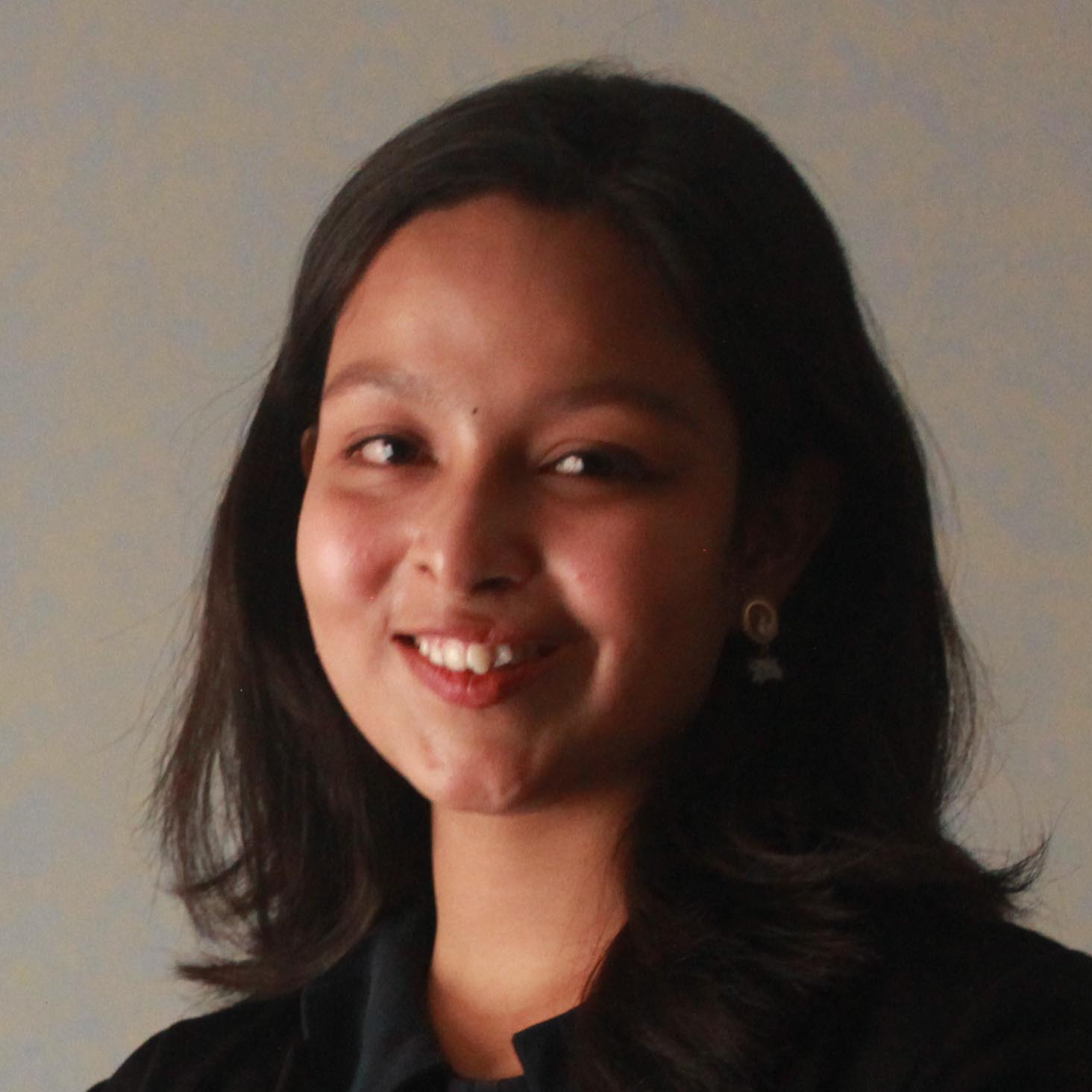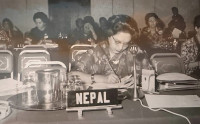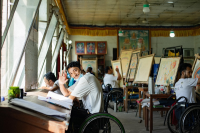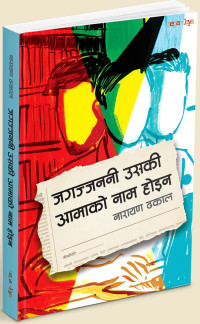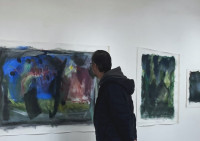Culture & Lifestyle
Measuring social change
UN Women Nepal publishes a research tracing the changes regarding harmful social practices..jpg&w=900&height=601)
Rose Singh
On Thursday, UN Women Nepal published their longitudinal study, ‘Measuring Social Norm Change Through Storytelling’, with support from Gender at Work, The Story Kitchen and financial support from the Government of Finland. The research is the first in the series of findings that UN Women Nepal plans to publish in its five-year project.
The event was conducted in Gaganbatika, Nagbaaha, Patan with the support of the local Newar community.
The report published brings forward a signpost to measure how social norm has changed using feminist and participatory mass storytelling methodology. It traced the changes in harmful social norms in Nepal, such as menstrual isolation, caste-based discrimination, child marriage, and more. By researching a sample of more than 1000 people from five districts in four provinces of Nepal—including, Sarlahi, Doti, and Kavre—the event put forward individual stories of people and their perception of how social norms have changed for them over the last five years.
“We’ve tried to be very conscious about existing power dynamics in this feminist research. Traditional research has an object of research, and the researcher has full control over what is being researched and the research outcomes. This is a central assumption that feminists are trying to overturn,” said Navanita Sinha, the head of UN Women Nepal.
The event began with a skit enacted by the research coordinators, peer researchers, and storytellers, which showed the process of measuring social norm change through storytelling. The play demonstrated the real-life challenges faced by researchers while researching and how they overcame such challenges. For instance, in Doti, the female researchers weren’t provided food due to the prevalent societal stigma towards menstruating females that tags them as “impure”.
The panel discussion that followed the performance was moderated by Jaya Luintel. Jeremy Holland, Ashma Shrestha, and Biju Kandel were the speakers. Throughout the discussion, the speakers emphasised how social change is a non-linear process and identified the failure of policy frameworks to translate into behavioural changes in society.
Panellist Biju Kandel called the research methodology ‘non-extractive storytelling’, as the storytellers focused on how they overcame these challenging social norms. “Asking people only about the difficulties they faced can make them view their lives pessimistically,” she said.
The project was conceptualised in 2019 through discussions with the Government of Finland.
“In a society that sees women as relational in terms of their families and their children, hearing their stories from their own perspective is very powerful,” said Sinha.
The research project lays a special focus on providing space for storytellers to put forth their stories and take agency over their narratives instead of having their narratives hijacked by others.
The panel discussions also weighed on the key highlights from the research report. The harmful social norms that the findings reported included child marriage, disability discrimination, witchcraft, dowry, menstrual isolation, caste-based discrimination, and domestic violence. Panelist Holland noted the research report as a step forward to understanding and changing societal perceptions of various practices.
During the question-answer session, questions around the research methodology, grassroots awareness, and non-inclusion of marginalised groups—including such as non-binary individuals—were posed towards the speakers. The speakers acknowledged a need for thematic incorporation in future reports, although stressing that the report is narrowed down for deeper analysis in a specific niche.
The event projected future plans of UN Women Nepal to bring forward more storytellers for their upcoming projects in the same field. “We will do two subsequent rounds of research. We are discussing possible modifications to the methodology following our first research finding. We might want to focus on a few themes and not keep it very open-ended,” added Sinha.
The report launch program ended on notes of its pursuit of not capitalising on the stories of people and providing something back to the community that the research was conducted in.
“In traditional research, there is a tendency to go to a community and take from their stories. We are intentional about not doing this. To the extent possible, we want to ensure that we support these women through skill development or leadership development programmes,” Sinha said.
The event ended with special remarks from the ambassador of Finland to Nepal, Riina-Riikka Heikka and Under Secretary at the Ministry of Women, Children and Senior Citizens, Mamta Bastola.




 18.95°C Kathmandu
18.95°C Kathmandu